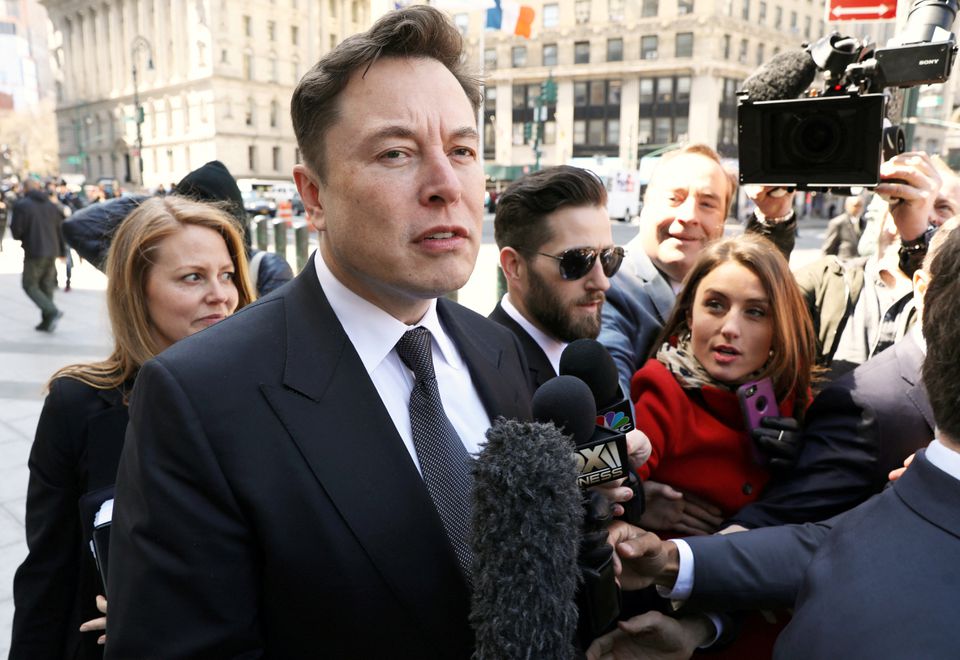WILMINGTON, Del., July 13 (Reuters) – Twitter Inc (TWTR.N) has sued Elon Musk to force him to go through with the $44 billion acquisition of the social media company. read more What happens if Twitter succeeds and the world’s richest man, who regularly taunts securities regulators, refuses to comply with the court order?
CAN A COURT ORDER MUSK TO BUY TWITTER?Twitter is asking a Delaware court to grant “specific performance” under the terms of its contract with Musk – in other words, force him to complete the acquisition at the agreed price of $54.20 a share.
The court has issued such orders before. Chicken processor Tyson Foods Inc (TSN.N) was ordered in 2001 to complete its $3.2 billion deal for meatpacker IBP Inc. Last year the court ordered private equity firm Kohlberg & Co LLC to close its $550 million purchase of DecoPac Holding Inc, which makes cake decorating products.
But the buyers in these instances were companies rather than an individual. Never has such specific performance been granted on a deal of this scale.
WHAT IF MUSK RESISTS?
The legal battle between Musk and Twitter will play out in Delaware’s Court of Chancery, which is specified in the merger agreement for disputes.
Delaware is also a popular incorporation destination for most U.S. public companies, including Tesla Inc and other Musk companies such as tunneling venture the Boring Co and Space Exploration Technologies Corp, known as SpaceX.
That gives the court jurisdiction over a vast amount of Musk assets to coerce compliance if needed. Lawyers said the court would begin by holding Musk in contempt and issuing fines until he did as ordered.
“The court has capacious powers to enforce its orders,” said Francis Pileggi, an attorney with Lewis Brisbois in Wilmington, Delaware.
If Musk continued to ignore a judgment, the court could order Tesla and other Delaware-incorporated companies in which Musk owns a stake to freeze his assets or turn over shares.
“He’d be treated like a deadbeat dad not paying child support,” said Minor Myers, a professor of UConn School of Law. “It would not be that hard.”
WHAT HAS THE COURT DONE IN THE PAST?
When Delaware-incorporated ZST Digital Networks Inc (ZSTN.PK) was sued in Delaware in 2012 by one of its largest outside shareholders for access to its books amid accounting irregularities, the Chinese company refused to comply. Travis Laster, a vice chancellor or judge on the Court of Chancery, appointed a receiver of the company to force it to turn over the records. He also allowed the receiver to seek to arrest executives if they visited the United States.
The court has also forced companies to comply with orders by warning directors they will be held personally liable for accumulating fines.
Ann Lipton, a professor at Tulane University Law School, said there are plenty of examples of individuals opposed to the court’s rulings who use appeals to drag out complying. But they eventually obey court orders and she expects Musk will as well.
“He’s not actually insane,” she said.











